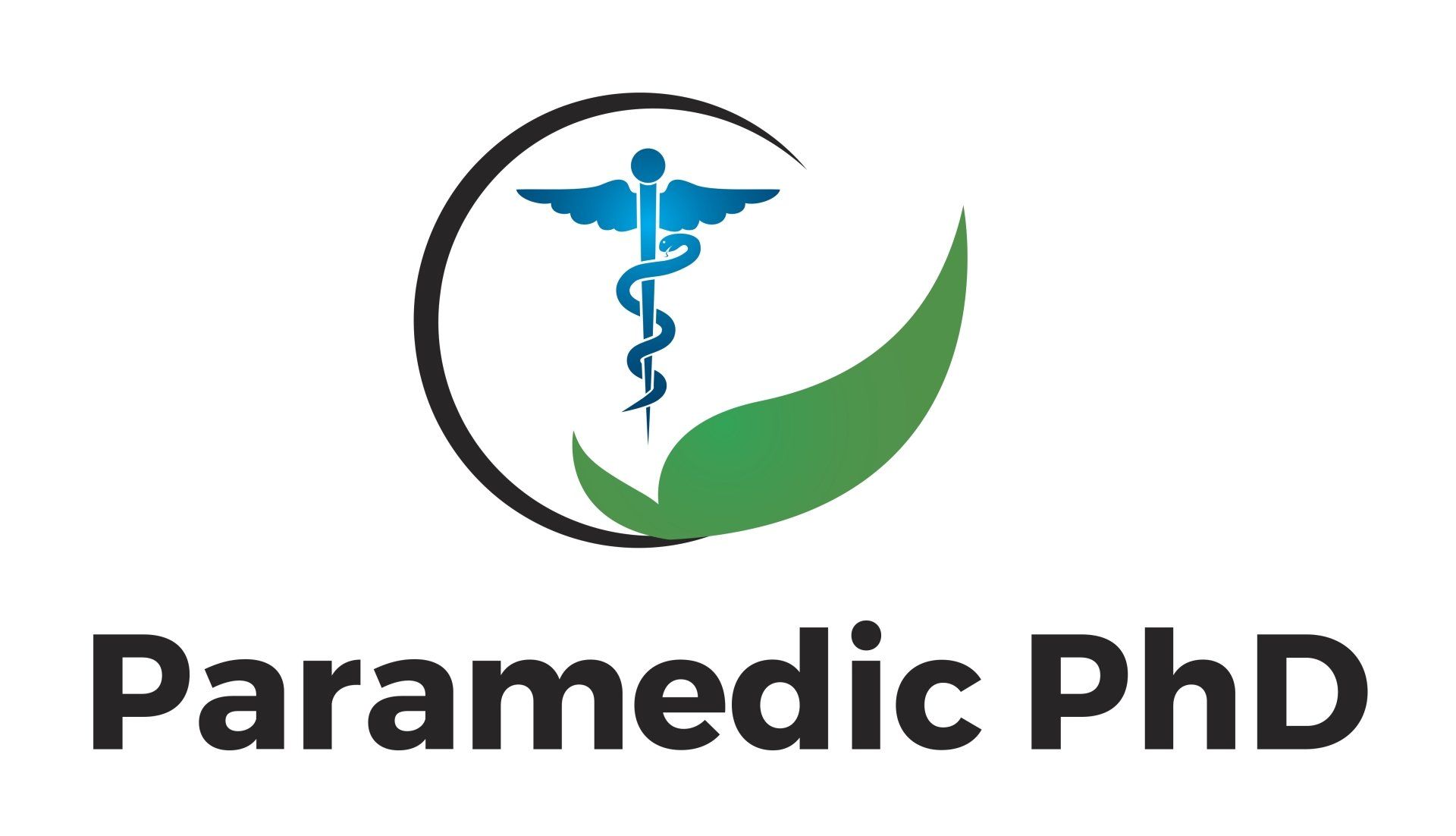Supervisor
Research Interests: Education, Older Adult, Professional Development, Medico-legal & professional/regulatory issues.
Methodological Expertise: Mixed Methods, Review, Basic level of statistics and quantitative methods - competent but not expert.
Qualifications:
PhD, BN, PGCE, DipIMC RCSEd, Dip UMC RCSEd, SFHEA
Publications
Kilner TM (2022) In case of Emergency; Breach of Duty in Relation to Ambulance Response Times. PI Focus, March 2022 10-15
Gregory P ,Mays B, Kilner T, Sudron C (2021) An exploration of UK paramerdics’ experiences of cardiopulmonary resuscitation-induced consciousness British Paramedic Journal. 5(4) 9-17.
Mays B, Gregory P, Sudron C, Kilner T (2019) Awareness of CPR-induced consciousness by UK paramedics. British Paramedic Journal. 4(1) 1-5.
Renshaw J, Eaton G, Gregory P, Kilner T (2018) Does the British Heart Foundation Pocket CPR training application improve confidence in bystanders performing CPR? British Paramedic Journal. 3(1) 1-7
Eaton G, Renshaw J, Gregory P, Kilner T (2016) Can the British Heart Foundation PocketCPR application improve the performance of chest compressions during bystander resuscitation: A randomized crossover trial. Health Informatics Journal. doi 10.1177/1460458216652645
Gregory P, Kilner T, Arnold Jones S (2015) Airway management in UK ambulance services: results of the National Ambulance Service Airway Management Audit. Journal of Paramedic Practice. 7(6), 285-290
Kilner TM, Brace SJ, Cooke MW, Stallard N, Bleetman A, Perkins GD (2011) In ‘big bang’ major incidents do triage tools accurately predict clinical priority?: A systematic review of the literature. Injury. 42, 460-468
Kilner T, Hall FJ (2005) Triage decisions of United Kingdom police firearms officers using a multiple-casualty scenario paper exercise involving a mix of adults and children. Prehospital and Disaster Medicine. 20(1), 52-58
Kilner T (2004) Educating the ambulance technician, paramedic and clinical supervisor: using factor analysis to inform the curriculum. Emergency Medicine Journal. 21(3), 379-385
Kilner T (2004) Desirable attributes of the ambulance technician, paramedic and clinical supervisor: findings from a Delphi study. Emergency Medicine Journal. 21(3), 374-378
Kilner T (2002) Triage decisions of prehospital emergency health care providers, using a multiple casualty scenario paper exercise. Emergency Medicine Journal. 19, 348-353
Allison KP, Kilner T, Porter KM, Thurgood A (2002) Pre-hospital care – the evolution of a course for undergraduates. Resuscitation. 52, 187-191
Moakes S, Kilner T (2001) Nurses’ understanding of their role as part of a mobile medical and nursing team during a major incident. Pre-hospital Immediate Care. 5(1) 34-37
Kilner T (2000) Commentary: The case for structured reflective practice in the paramedic curriculum. Pre-hospital Immediate Care 4 (3) 153
Kilner T M (1998) Web Site Review. The Trauma Department, Liverpool Hospital, The University of New South Wales. Pre-hospital Immediate Care. 2 (2) 102-103
Kilner T (1996) For Debate: The Cookbook Approach to Pre-hospital Care. The Journal of the British Association for Immediate Care. 19(1)
Kilner T (1996) Psychological aspects of pre-hospital care. Emergency Nurse. 4 (2) 16-18
Kilner T (1996) Pre-hospital care delivery. Emergency Nurse. 4 (1) 16-18
Kilner T (1996) Equipping the pre-hospital care team. Emergency Nurse . 3 (4) 16-20





